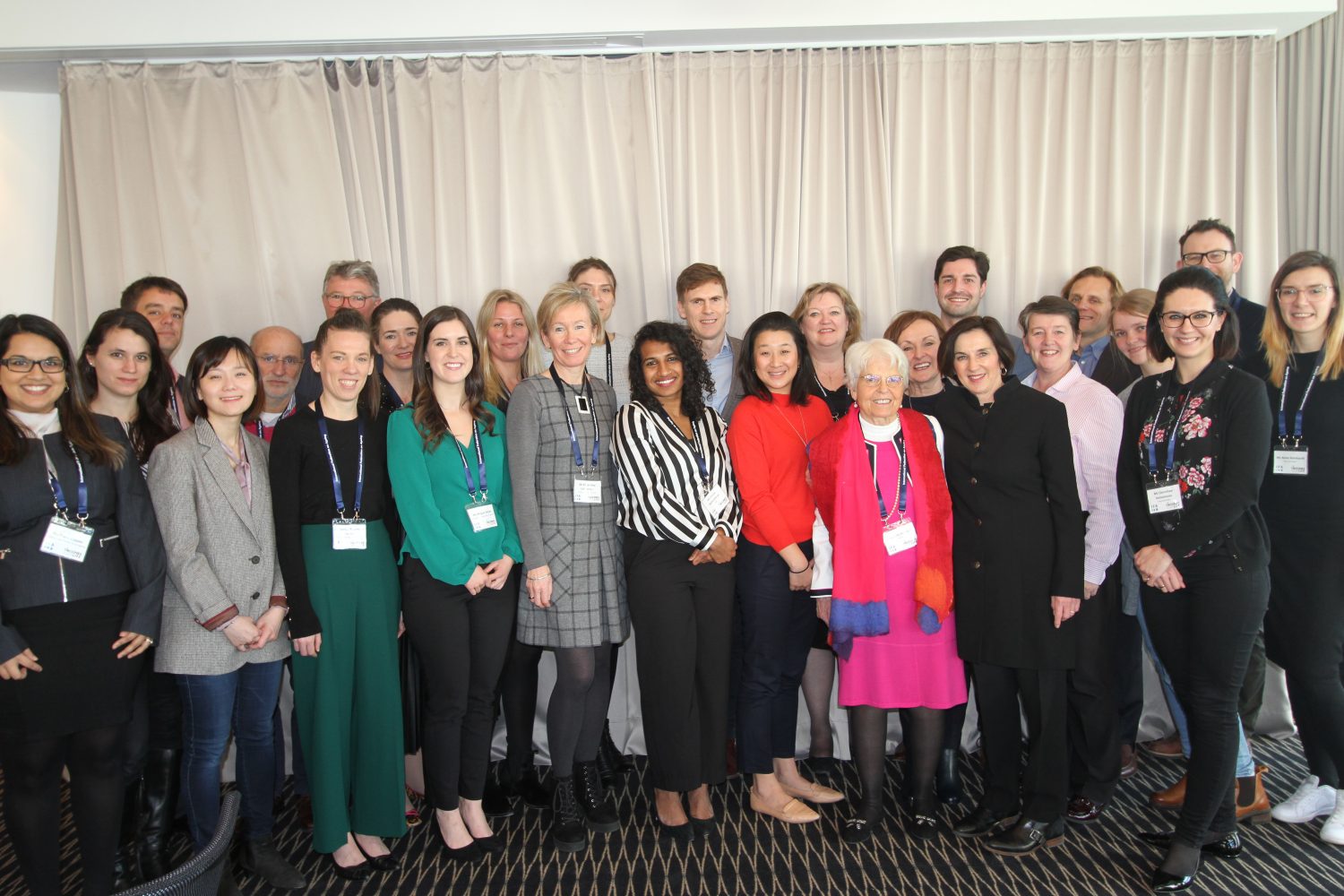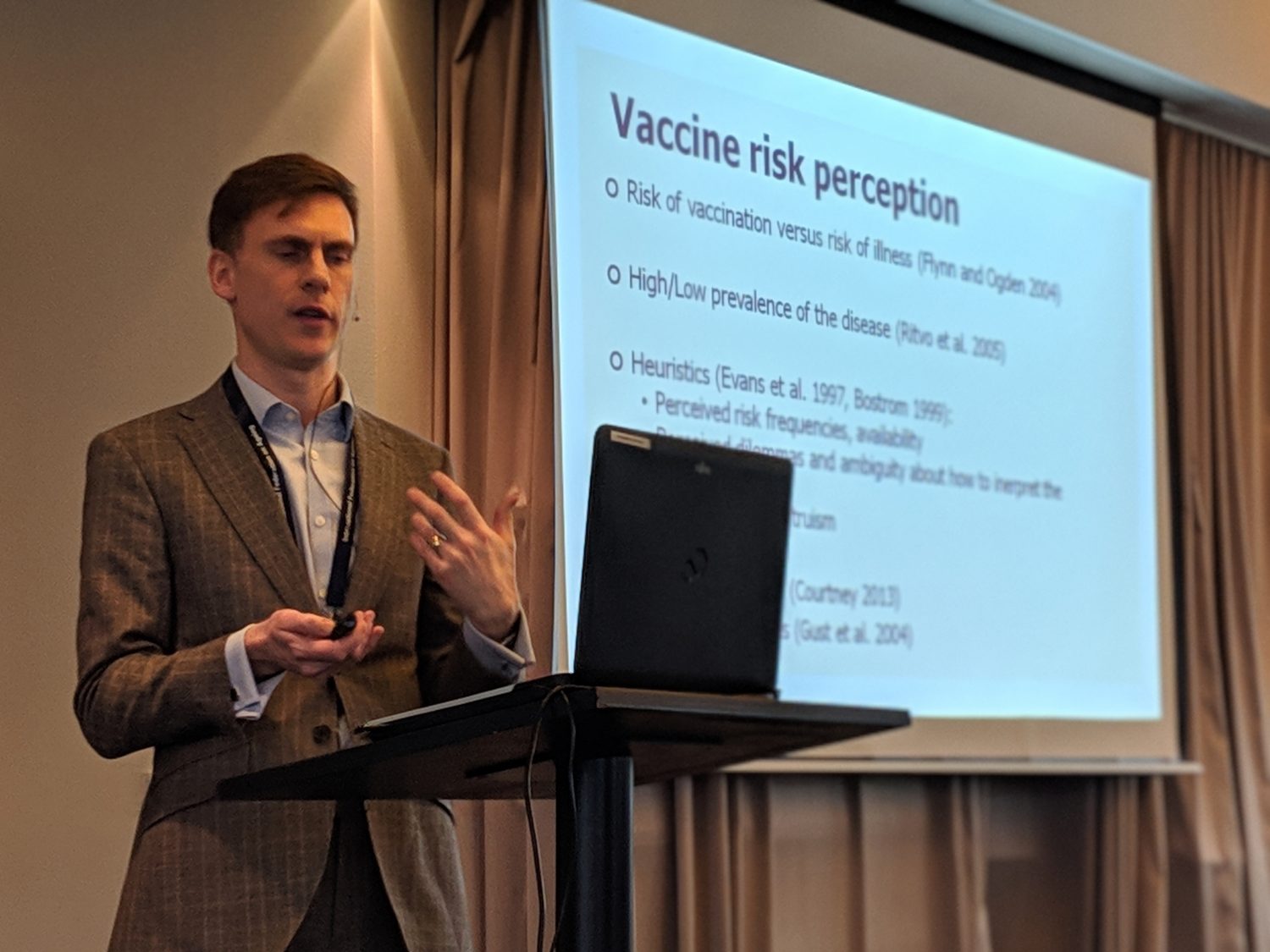Fighting the Flu through Targeted Awareness Campaigns – Expert Meeting
In the winter of 2017, Germany saw 82,000 cases of influenza, with a vaccination rate below 50% recorded in recent years.[1] Influenza vaccination is a critical yet underthought element of a life course approach to healthy ageing, as older people have a higher chance of developing influenza-related complications that can result in premature morbidity or mortality and severely limit functional ability.

On 30-31 January 2019, the International Federation on Ageing (IFA) convened the “Fighting the Flu through Targeted Awareness Campaigns” expert meeting in Berlin, Germany comprising some 30 experts in social media, digital health, knowledge mobilization and risk analysis alongside experts in vaccination, public health and ageing to deepen understanding of good communication practices that aim to raise vaccination public awareness.
The expert meeting featured presentations from organizations and projects including but not limited to the Vaccine Confidence Project, Vaccination60+, Vaccines Today, eHealth Digital Media, Age UK, Qatar Computing Research, and Four Communications. Meeting delegates discussed the need for innovative communication strategies to address barriers and improve public understanding on the risk of influenza and positive health and socioeconomic impacts of vaccination.

Several important next steps resulted from the meeting, with delegates in agreement that there is a need to form strategies from a multi-stakeholder approach; tailor communication strategies on influenza to specific at-risk groups including older adults; include older people in the formation, research and evaluation process of campaigns; and concert efforts to increase eHealth literacy of people at-risk to influenza, particularly around those who are vaccine hesitant.
In the next coming weeks, a Consensus Statement resulting from the meeting will be released together with a White Paper arguing that evidence-based communication strategies should be utilized and expanded upon to increase influenza vaccination uptake rates for adults, therein to encourage healthy ageing and prevent functional decline.
[1]Haas, J, et al. “Burden of Influenza in Germany: A Retrospective Claims Database Analysis for the Influenza Season 2012/2013.” The European Journal of Health Economics: HEPAC: Health Economics in Prevention and Care., U.S. National Library of Medicine, July 2016, www.ncbi.nlm.nih.gov/pubmed/26143025.


